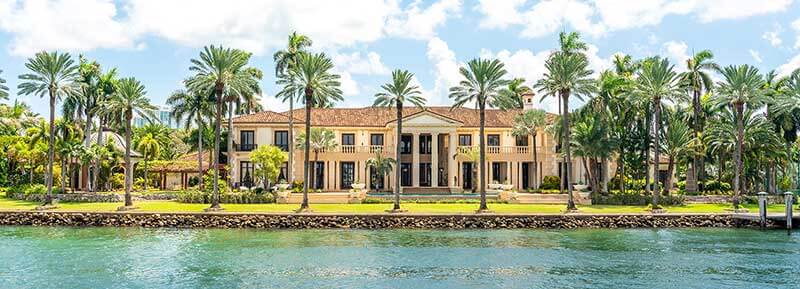New Jersey’s real estate market is always dynamic, and a significant change is on the horizon that impacts high-value property transactions. A new bill, passed in conjunction with the state’s Fiscal Year 2026 budget, will adjust the long-standing “mansion tax,” bringing new considerations for both sellers and buyers of luxury homes. This updated legislation, taking effect on July 10, 2025, aims to generate additional state revenue by modifying how these fees are assessed and, notably, by shifting the primary responsibility for payment.
What’s Changing with the Mansion Tax?
Formally known as the “Assessment on Real Property Greater than $1 million” or “Additional Fees on Certain Transfers of Real Property Over $1 Million,” the mansion tax has been a part of New Jersey’s real estate framework since its inception in 2004. Historically, it applied a 1% supplemental realty transfer fee on properties valued at $1 million or more, typically paid by the homebuyer at closing, unless otherwise negotiated.
The new bill introduces two pivotal changes:
- Shift in Responsibility: The most significant alteration is the transfer of the mansion tax burden from the property buyer to the seller. This means that when a high-value home changes hands, the seller will now be responsible for remitting this fee at the time of closing. This also applies to the state’s controlling interest transfer tax for commercial properties, which similarly shifts to the seller.
- Tiered Fee Structure for Higher Values: While the original 1% fee remains for home sales between $1 million and $2 million, the new bill implements a graduated scale for more expensive properties. This tiered approach means the tax rate increases with the property’s value:
- 1% for home sales from $1 million to $2 million.
- 2% for home sales from $2 million to $2.5 million.
- 2.5% for home sales from $2.5 million to $3 million.
- 3% for home sales from $3 million to $3.5 million.
- 3.5% for property sales exceeding $3.5 million.
Implications for the New Jersey Real Estate Market
This updated mansion tax will undoubtedly create ripple effects across New Jersey’s luxury real estate sector. For sellers of multimillion-dollar homes, it means a potentially significant increase in their closing costs, requiring careful financial planning and potentially influencing listing prices. This could lead to adjusted negotiation strategies between buyers and sellers, as both parties adapt to the new distribution of fees.
For buyers, while they are no longer directly responsible for the mansion tax, the overall dynamics of high-end transactions may shift. Sellers, now facing higher costs, might be less inclined to offer price reductions or cover other expenses, leading to different negotiation points. It also adds another layer of complexity to understanding the true cost of selling a high-value property in the Garden State.
The New Jersey real estate market, particularly at the luxury end, continues to evolve. Staying informed about these legislative changes is crucial for anyone involved in buying or selling property in the state. As the market adapts to these new regulations, having a clear understanding of the new “mansion tax” rates and their impact on transaction costs will be key to making informed decisions.
For more detailed insights into real estate trends and legislative updates affecting property in New Jersey, be sure to visit our dedicated real estate section: Explore New Jersey Real Estate.












